Latest News
RAN’s Statement on COP15
Around 1 million plant and animal species face extinction within decades. Lands, forests and waters are being destroyed or degraded at an alarming rate. Biodiversity loss is limiting our resilience and capacity to adapt to climate change and is making us more vulnerable to future pandemics. The world’s leading biodiversity scientists maintain that the only way to end the crisis is through bold, transformative change — by tackling power inequalities, injustice, and by developing inclusive decision-making, including valuing those who have best cared for nature, such as Indigenous Peoples.
Rights-holders and civil society groups are raising the alarm about corporations’ efforts to water down ambitions and side-line talks. False solutions such as fortress conservation, biodiversity offsets or calls for company self-reporting are dangerous distractions designed to defend and entrench corporate power.
The stakes are high at the 2022 Convention on Biological Diversity (COP 15) in Montréal. COP15 represents a key moment in global efforts to progress and potentially finalize a new Global Biodiversity Framework (GBF). A strong GBF could put the world on a path to halt and reverse biodiversity loss, and help to tackle the intertwined climate, inequality and human rights crises. However, rights-holders and civil society groups are raising the alarm about corporations’ efforts to water down ambitions and side-line talks with empty jargon, dubious claims, junk reporting and dangerous efforts to further commodify nature.
The GBF must include a strong commitment to halt biodiversity loss. Deforestation and the conversion of natural ecosystems must stop immediately and we need to tackle the widespread use of toxic chemicals. This means an end to subsidies to harmful industries and tackling excessive consumption – which is a major driver of biodiversity loss. To achieve these changes, it is fundamental that financial flows are aligned with the goals of the GBF.
The GBF must also include strong and binding language on human rights. It must clearly outline that states must have strong, enforced laws and regulations to hold corporations — including financiers — responsible for the harms they cause to nature and people. Businesses must also be required to reduce, and ultimately end, their adverse impacts on biodiversity. The GBF must definitively recognize that we cannot protect biodiversity without shifting financial flows and require that financing is shifted to align with its goals.
False solutions such as fortress conservation, biodiversity offsets or calls for company self-reporting are dangerous distractions designed to defend and entrench corporate power, often caged in dubious claims or obscured in layers of complex jargon. Global corporations such as financial institutions and extractive industries are serial offenders when it comes to nature destruction and human rights harms. They are in no way qualified to be making recommendations.
We stand behind the Indigenous Peoples, women’s organizations, youth movements and peasant organizations who have been at the forefront of protecting and valuing all the diverse life on this planet, and driving the true solutions we need to save it. It is their voices that must be valued, amplified and prioritized at Montréal.
Further Reading:
 Our blog outlining the greenwashing risks of the Taskforce on Nature-related Financial Disclosures (TNFD).
Our blog outlining the greenwashing risks of the Taskforce on Nature-related Financial Disclosures (TNFD).
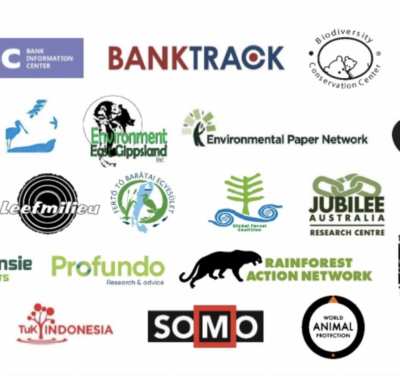 An open letter from 28 civil society organizations and networks in May 2022 to the Taskforce on Nature-related Financial Disclosures (TNFD) outlining the importance of a human rights approach, impact reporting and more.
An open letter from 28 civil society organizations and networks in May 2022 to the Taskforce on Nature-related Financial Disclosures (TNFD) outlining the importance of a human rights approach, impact reporting and more.
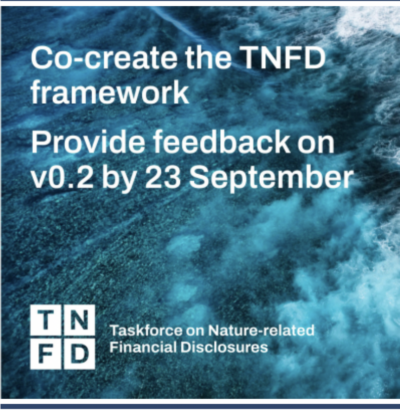 Our blog examining why the Taskforce on Nature-related Financial Disclosures needs to overhaul its approach to transparency.
Our blog examining why the Taskforce on Nature-related Financial Disclosures needs to overhaul its approach to transparency.
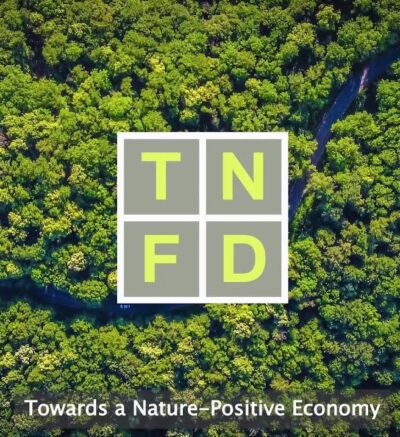 Our in-depth explainer on the Taskforce On Nature-Related Financial Disclosures (TNFD) examining what it is, why it’s problematic and why you should care. The “Timeline and Resources” section collates a host of civil society statements and analysis on TNFD.
Our in-depth explainer on the Taskforce On Nature-Related Financial Disclosures (TNFD) examining what it is, why it’s problematic and why you should care. The “Timeline and Resources” section collates a host of civil society statements and analysis on TNFD.
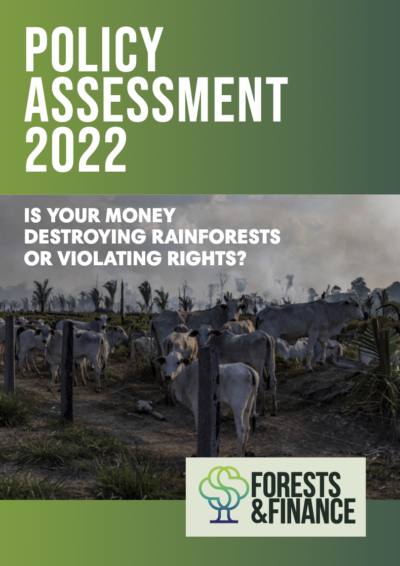 Our policy assessment finding that banks have pumped $267 billion (2016-2022 September) into commodity companies operating in the world’s three largest tropical forest regions. Complemented by our fully searchable database of links between financiers and deforestation-risk companies and our database of financial institutions’ ESG policies scores.
Our policy assessment finding that banks have pumped $267 billion (2016-2022 September) into commodity companies operating in the world’s three largest tropical forest regions. Complemented by our fully searchable database of links between financiers and deforestation-risk companies and our database of financial institutions’ ESG policies scores.
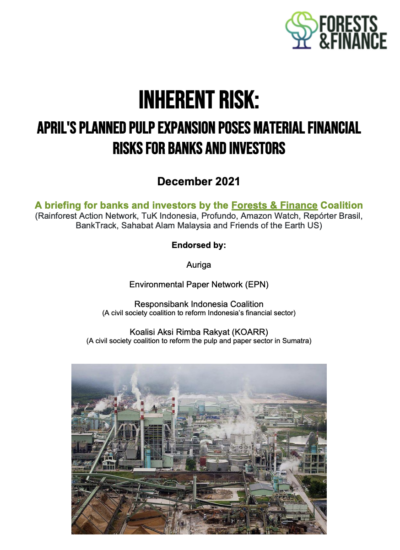 Our briefer focusing on financial risks to banks exposed to APRIL Group, one of the largest pulp & paper companies. As reported in Financial Times, scientific criticism of the Science Based Target initiatives (SBTi, used by companies to justify their climate plans) resulted in APRIL’s removal from SBTi, highlighting the inadequacy of SBTi’s target-setting initiative.
Our briefer focusing on financial risks to banks exposed to APRIL Group, one of the largest pulp & paper companies. As reported in Financial Times, scientific criticism of the Science Based Target initiatives (SBTi, used by companies to justify their climate plans) resulted in APRIL’s removal from SBTi, highlighting the inadequacy of SBTi’s target-setting initiative.
